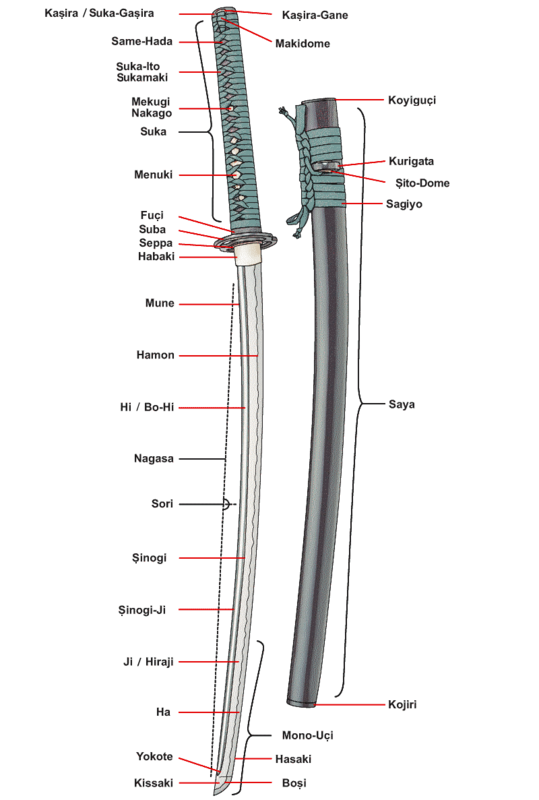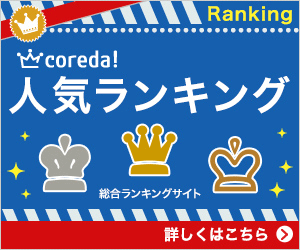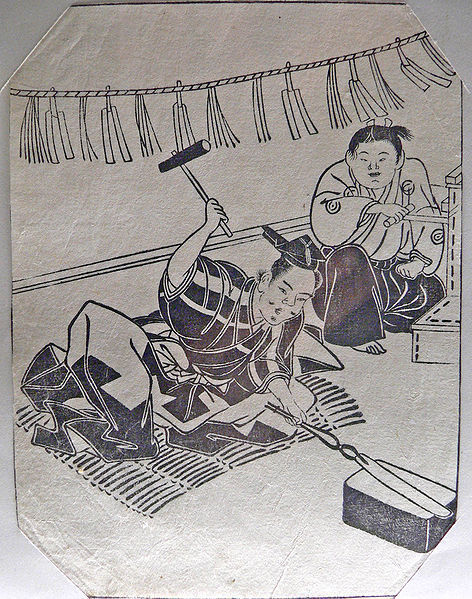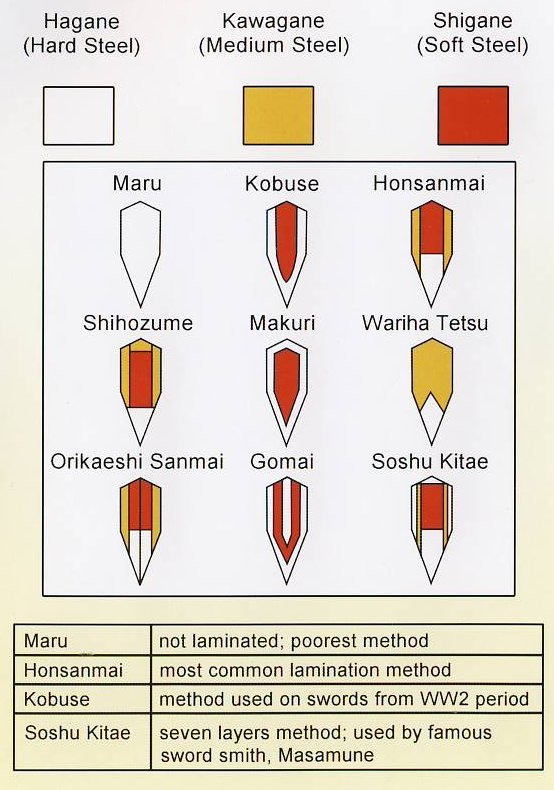2017年11月07日
The secret world of the japanese swordsmith
The secret world of the japanese swordsmith
https://youtu.be/gxwWf-MfZVk
kore kojitsu
Published on Oct 16, 2014
Documentary from 1997
 1997 Troivision Co., Ltd/Warabe No Mori Co., Ltd. kobayashi dldg, 4-7 Yotsuya Shinjuku-ku, Tokyo Japan
1997 Troivision Co., Ltd/Warabe No Mori Co., Ltd. kobayashi dldg, 4-7 Yotsuya Shinjuku-ku, Tokyo Japan
The Japanese sword is the soul of the Samurai. The crafting of this work of art - which embodies beauty, strength and tradition - has been shrouded in secrecy for more than thousand years.
Because of the highly advanced techniques and numerous years of dedicated effort required in crafting Japanese swords, the skill has always been a closely kept and jealously guarded secret.
Yohindo Yoshihara is a consummate Japanese swordsmith and a very high regarded Mukansa craftman in Japan. He is also the best-known Japanes swordsmith outside of Japan.
His masterpieces have been purchased for exhibit by the Metropolitan Museum of art in New York City and the Museum of fine Arts in Boston. He has numerous fans worldwide, including His Royal highness, king Gustav of Sweden.
This video has been produced to appeal to all aficionados of Japanese sword around the world and is a treasure trove of sercrets to Yohindo Yoshihara's truly outstanding Japanese sword craftsmanship.
Category Science & Technology
License Standard YouTube License
☆~~~~~~~~~~~~~~~~~~~~~~~~~~~~~~~~~~~~☆
☆ NOTE ☆
1. " Japanese swordsmithing " :Wikipedia
https://en.wikipedia.org/wiki/Japanese_swordsmithing
Japanese swordsmithing
Japanese swordsmithing is the labour-intensive bladesmithing process developed in Japan for forging traditionally made bladed weapons (nihonto)[1] [2] including katana, wakizashi, tantō, yari, naginata, nagamaki, tachi, uchigatana, nodachi, ōdachi, kodachi, and ya (arrow).
Japanese sword blades were often forged with different profiles, different blade thicknesses, and varying amounts of grind. Wakizashi and tantō were not simply scaled-down katana; they were often forged without ridge (hira-zukuri) or other such forms which were very rare on katana.

https://en.wikipedia.org/wiki/Japanese_swordsmithing#/media/File:Katana_anatomi.png
https://en.wikipedia.org/wiki/File:Katana_brique.png
☆===================================================☆
☆===================================================☆
広告
☆===================================================☆
広告


☆===================================================☆
広告
☆===================================================☆
広告




☆☆☆============================☆☆☆
☆☆☆============================☆☆☆
https://youtu.be/gxwWf-MfZVk
kore kojitsu
Published on Oct 16, 2014
Documentary from 1997
The Japanese sword is the soul of the Samurai. The crafting of this work of art - which embodies beauty, strength and tradition - has been shrouded in secrecy for more than thousand years.
Because of the highly advanced techniques and numerous years of dedicated effort required in crafting Japanese swords, the skill has always been a closely kept and jealously guarded secret.
Yohindo Yoshihara is a consummate Japanese swordsmith and a very high regarded Mukansa craftman in Japan. He is also the best-known Japanes swordsmith outside of Japan.
His masterpieces have been purchased for exhibit by the Metropolitan Museum of art in New York City and the Museum of fine Arts in Boston. He has numerous fans worldwide, including His Royal highness, king Gustav of Sweden.
This video has been produced to appeal to all aficionados of Japanese sword around the world and is a treasure trove of sercrets to Yohindo Yoshihara's truly outstanding Japanese sword craftsmanship.
Category Science & Technology
License Standard YouTube License
☆~~~~~~~~~~~~~~~~~~~~~~~~~~~~~~~~~~~~☆
☆ NOTE ☆
1. " Japanese swordsmithing " :Wikipedia
https://en.wikipedia.org/wiki/Japanese_swordsmithing
Japanese swordsmithing
Japanese swordsmithing is the labour-intensive bladesmithing process developed in Japan for forging traditionally made bladed weapons (nihonto)[1] [2] including katana, wakizashi, tantō, yari, naginata, nagamaki, tachi, uchigatana, nodachi, ōdachi, kodachi, and ya (arrow).
Japanese sword blades were often forged with different profiles, different blade thicknesses, and varying amounts of grind. Wakizashi and tantō were not simply scaled-down katana; they were often forged without ridge (hira-zukuri) or other such forms which were very rare on katana.

Visual glossary of Japanese sword terms
https://en.wikipedia.org/wiki/Japanese_swordsmithing#/media/File:Katana_anatomi.png
472px-Scene-de-forge-edo-p1000665 刀鍛冶
https://en.wikipedia.org/wiki/File:Scene-de-forge-edo-p1000665.jpg
https://en.wikipedia.org/wiki/File:Scene-de-forge-edo-p1000665.jpg
Katana_brique modèle d'assemblage de brique de katana
https://en.wikipedia.org/wiki/File:Katana_brique.png
☆===================================================☆
☆===================================================☆
広告
☆===================================================☆
広告
☆===================================================☆
広告
☆===================================================☆
広告
☆☆☆============================☆☆☆
☆☆☆============================☆☆☆
【このカテゴリーの最新記事】
-
no image
この記事へのコメント
コメントを書く




